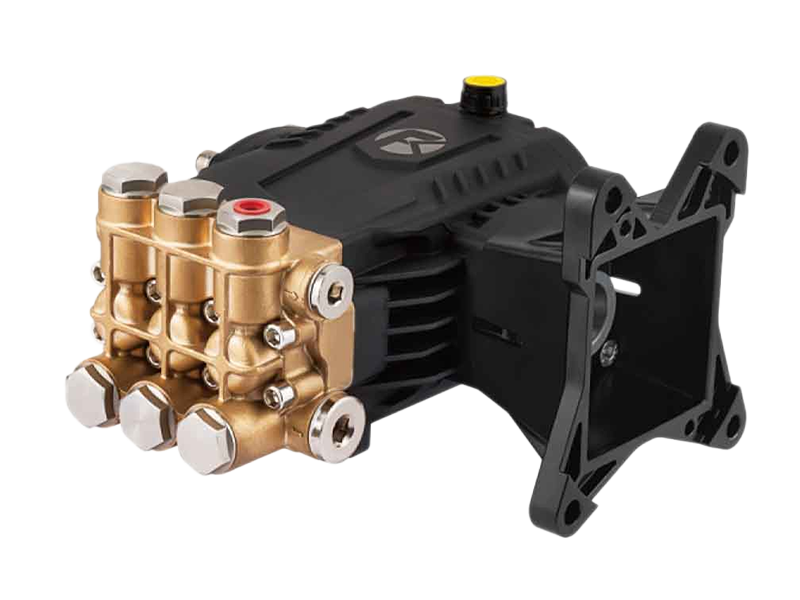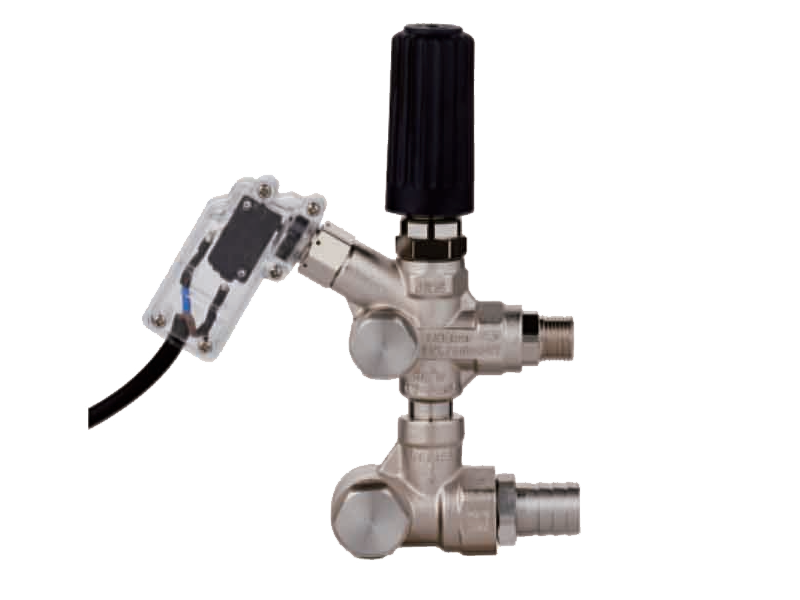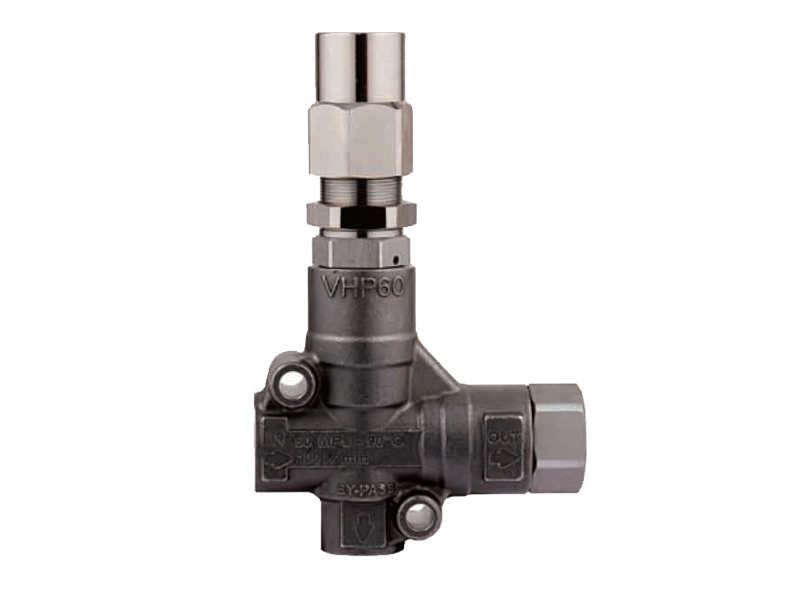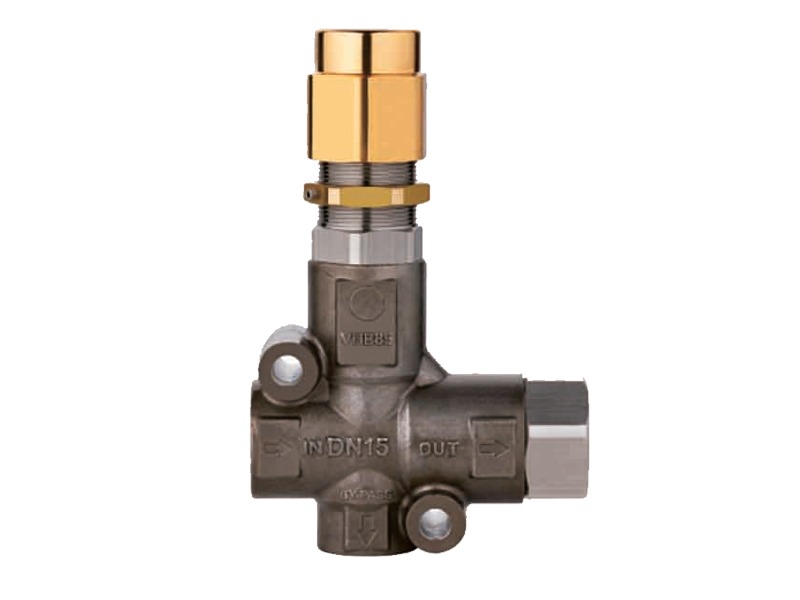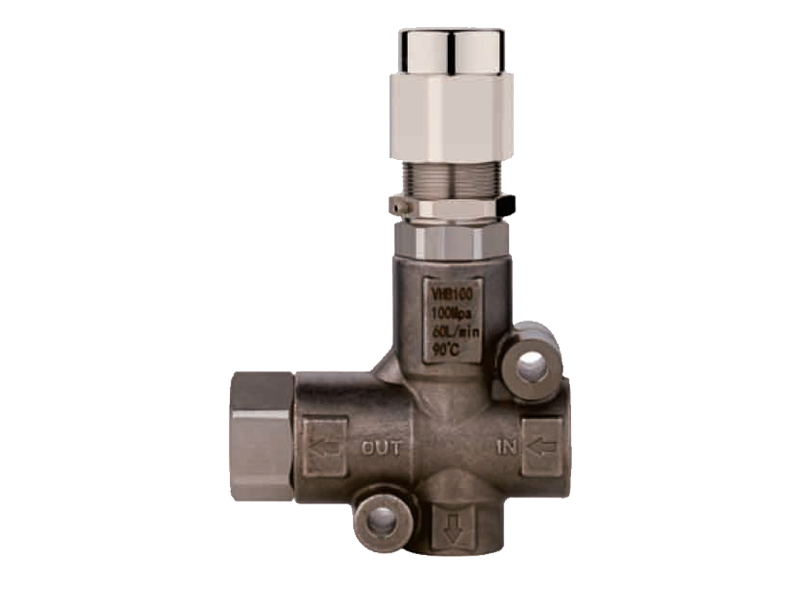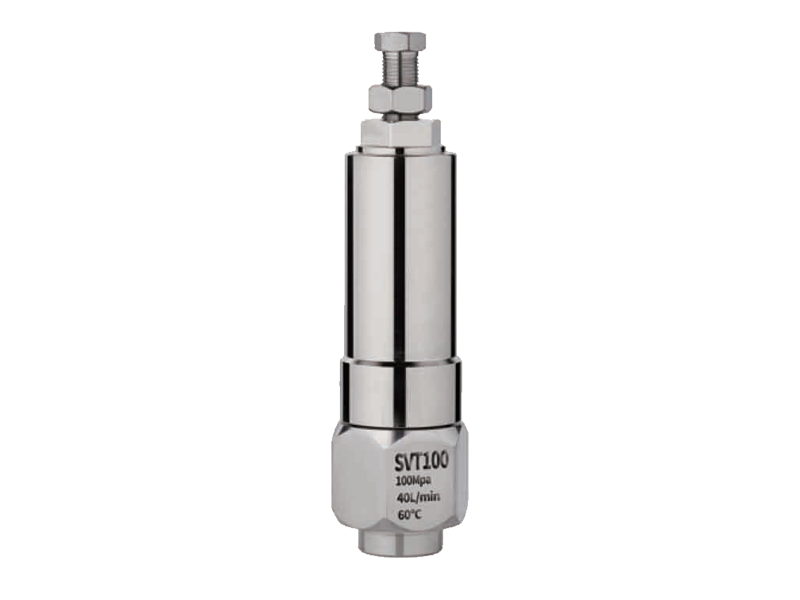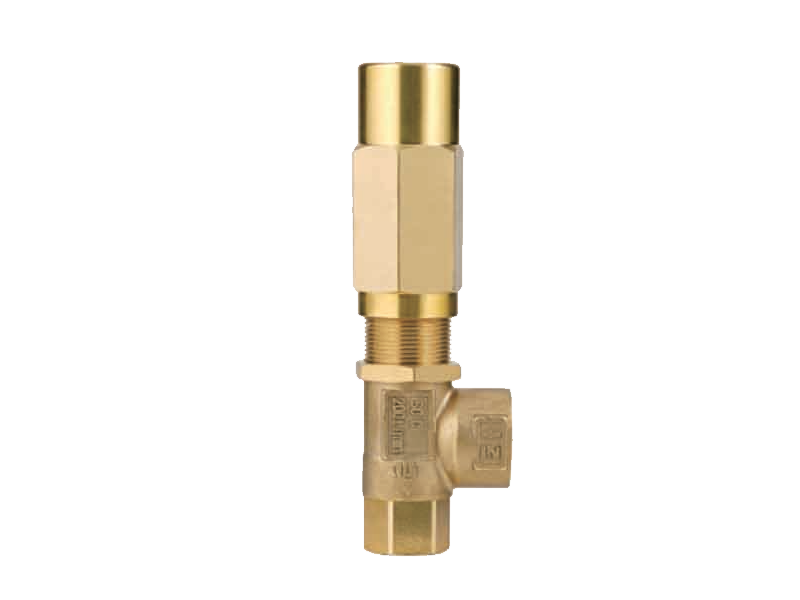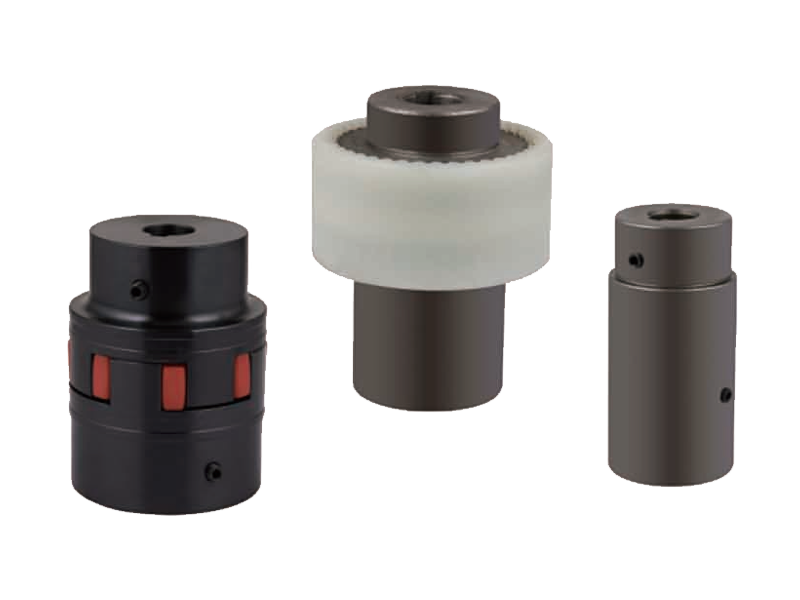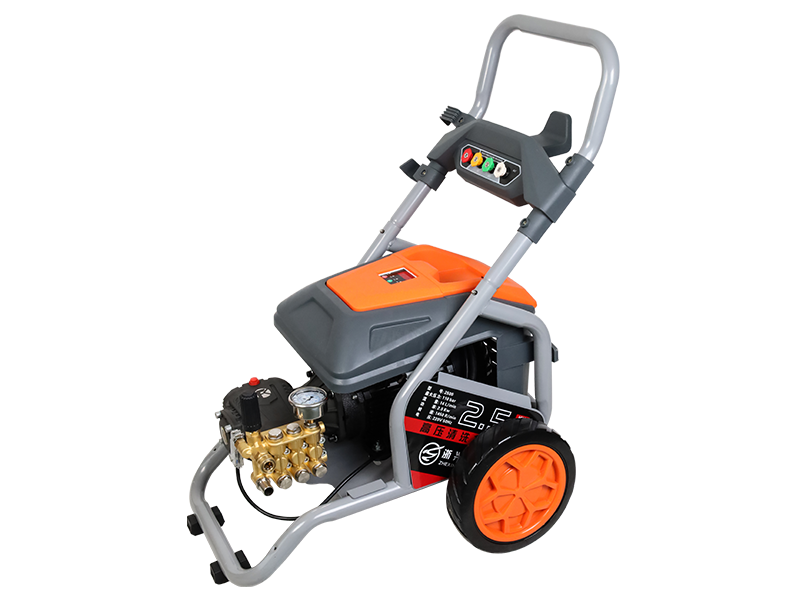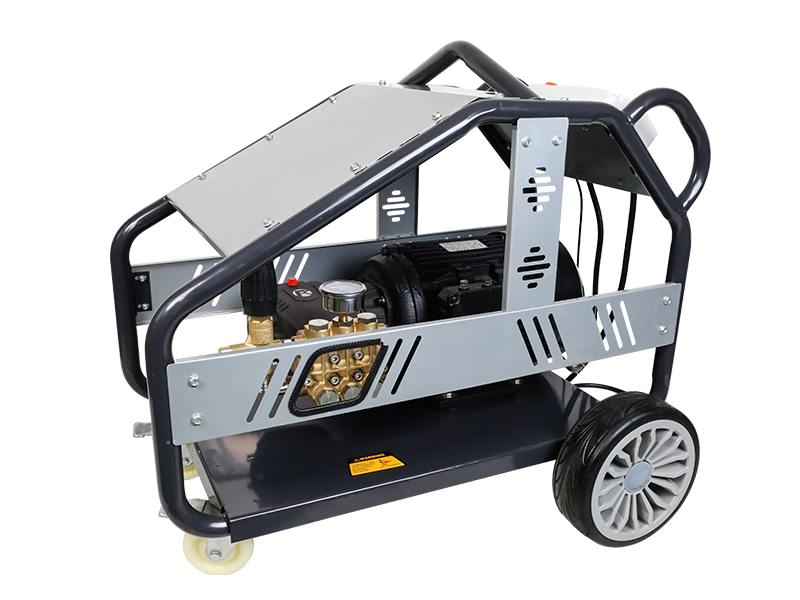How Long Does a Portable Electric Power Washer Last on a Single Charge?
Thing to consider when evaluating how long a portable electric power washer will last on a single charge is its power source. Unlike traditional corded models, a portable battery power washer relies on a rechargeable battery to operate, making it more versatile for use in areas where power outlets are unavailable. However, the runtime of these battery-operated machines is limited by the capacity of the battery.
Most portable electric power washers designed for residential use are equipped with lithium-ion batteries, which are known for their longevity and efficiency. These batteries typically offer anywhere from 20 minutes to an hour of cleaning time, depending on the specific model and the settings in use.
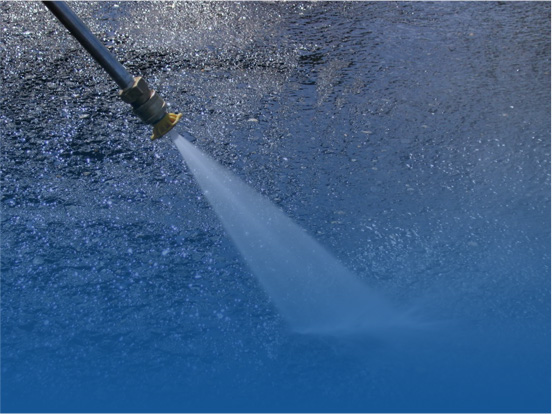
Battery Life and Pressure Settings
The runtime of a portable electric power washer can be affected by several factors, with one of significant being the pressure settings. Portable high pressure washers often come with adjustable pressure levels, which can directly impact battery consumption. When using the washer on higher pressure settings, the motor works harder, drawing more power from the battery. Consequently, this will cause a shorter runtime compared to using the washer at lower pressure levels.
If you're using the portable electric power washer for light cleaning tasks, such as washing a car or spraying down a patio, you can typically expect the battery to last for a longer period. On the other hand, using it for more demanding tasks, such as removing built-up grime or dirt from concrete surfaces, may deplete the battery faster.
Battery Capacity and Charging Time
The capacity of the battery in a portable battery power washer also plays a key role in determining how long it can last on a single charge. The higher the battery capacity (measured in mAh or Ah), the longer the washer can operate before needing a recharge. High-capacity batteries in portable high pressure washers can provide up to 45 minutes to an hour of continuous use on a single charge, depending on the workload.
It's important to keep in mind that charging times can vary as well. While some portable electric power washers feature quick-charging technology, most will take several hours to fully recharge, especially if they are equipped with larger batteries. Some models offer the option to purchase extra batteries to keep one fully charged while the other is in use, reducing downtime between jobs.
Factors Affecting Runtime
In addition to the pressure settings and battery capacity, there are other factors that can impact the runtime of a portable battery power washer. These include:
- Water Temperature: Hot water demands more power to heat and distribute, which could reduce the overall runtime.
- Cleaning Surface: The more stubborn or heavily soiled the surface, the more pressure is needed, which in turn consumes more battery power.
- Accessories: Certain attachments, like rotary nozzles or foam sprayers, may also require more power to operate.
improving the Runtime of Your Portable Power Washer
To get out of your portable electric power washer, consider the following tips:
1. Use Lower Pressure for Light Tasks: If you're performing basic tasks like washing your car or cleaning outdoor furniture, consider using lower pressure settings to extend battery life.
2. Optimize Battery Care: Ensure that your portable battery power washer is charged properly, avoiding overcharging or letting the battery completely drain, which can shorten its lifespan.
3. Invest in Additional Batteries: If you have larger or more frequent cleaning jobs, purchasing extra batteries can help you continue working without downtime for recharging.
4. Regular Maintenance: Keep the washer clean and ensure that all parts, such as nozzles and filters, are free from clogs, as this will help the motor run efficiently.
For heavy-duty or extended use, consider having an extra battery on hand to avoid interruptions. Ultimately, understanding the limits and capabilities of your washer will ensure that you get out of it, no matter the cleaning challenge.


 English
English Español
Español русский
русский